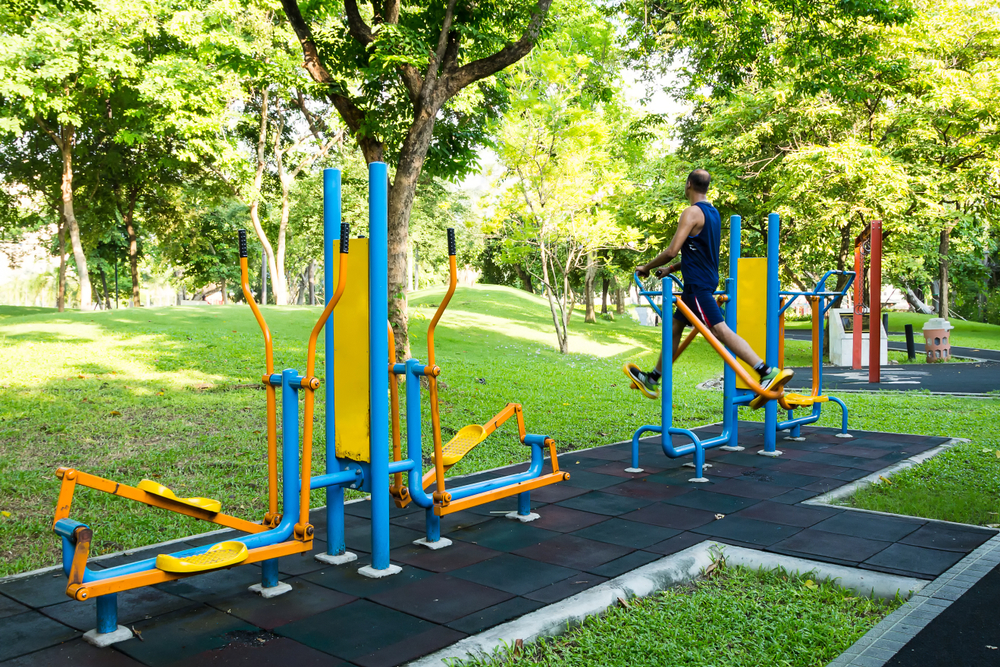Deploying Sports Professionals for Future-Proof Sports Clubs
This research explores the experience and organisation of sports professionals in the Netherlands. How can we develop social management?
Centre of Expertise Health Innovation

Sports clubs fulfil an important social and community function. They provide connection and a sense of community. They also play an important role in promoting both physical and mental health, through exercise and social interaction. In sports clubs, both professionals and volunteers work to create a safe place for recreation. This research project focuses on the role of sports professionals in the Netherlands. How can we empore this group to make their role even more impactful?
Social relevance
As sports clubs are so important to our society, it is important to make them future-proof. This means making sports clubs sustainable and resilient so that they can continue to function and also remain relevant in the future. This includes adapting to societal changes, such as new sporting needs, technological developments and demographic shifts. It also means that the club is financially sound, has a broad and diverse membership, attracts volunteers and professionals, and embraces sustainability.
The research
This project contributes to future-proof sports clubs. Equipping professionals more effectively not only improves the organisational strength of these clubs, but also strengthens their role as a connecting factor in society. Although the professionalisation of sports clubs has been encouraged over the past 15 years, this did not always lead to thriving sports clubs. In the field that sports professionals operate in, there is tension between the internal connections existing within clubs and the external relationships with stakeholders. There is a lack of shared knowledge base on effective social management and required compentencies.
The aim of this project is therefore to gain insight into how sports professionals can actually strengthen sports clubs. This is achieved by improving their competences and developing social management. The ultimate aim is to increase the vitality and social value of sports clubs. Over a two-year period, case studies, surveys and interactive working sessions will be conducted in order to find answers. In addition, four presentations will be organised to share knowledge and discuss progress.
Target group
The target group of this project includes sports professionals, such as sports park managers, managers and supporters of sports clubs, as well as policy makers, sports associations and educational institutions. In addition, the research focuses on municipalities and their collaboration with sports clubs.
Duration
The project will run from September 2024 to October 2026.
Results
Previous studies show that sports clubs can be strengthened if professionals align their activities with the culture and operating principles of these clubs. This project builds on those insights by conducting targeted research into effective principles and competences needed.
Collaboration
This project is part of ZonMW's programme MOOI in Beweging. MOOI in Beweging initiates a movement is initiated to ensure that research and innovations in the field of sports and exercise are better aligned with practice. It focuses on 6 complex societal challenges. This project involving sports professionals connects to the challenge: 'The sports infrastructure is underused'.
The Amsterdam University of Applied Sciences coordinates this project. Together with them, the Mulier Institute, the Utrecht University and practice partners, The Hague University of Applied Sciences is working to solve this wicked problem.
Funding
This project is funded by ZonMw. Their funding encourages the professionalisation and social impact of sport.
Team
- Koen Breedveld
- Sander Bloemendaal
Contact
Sander Bloemendaal ([email protected])